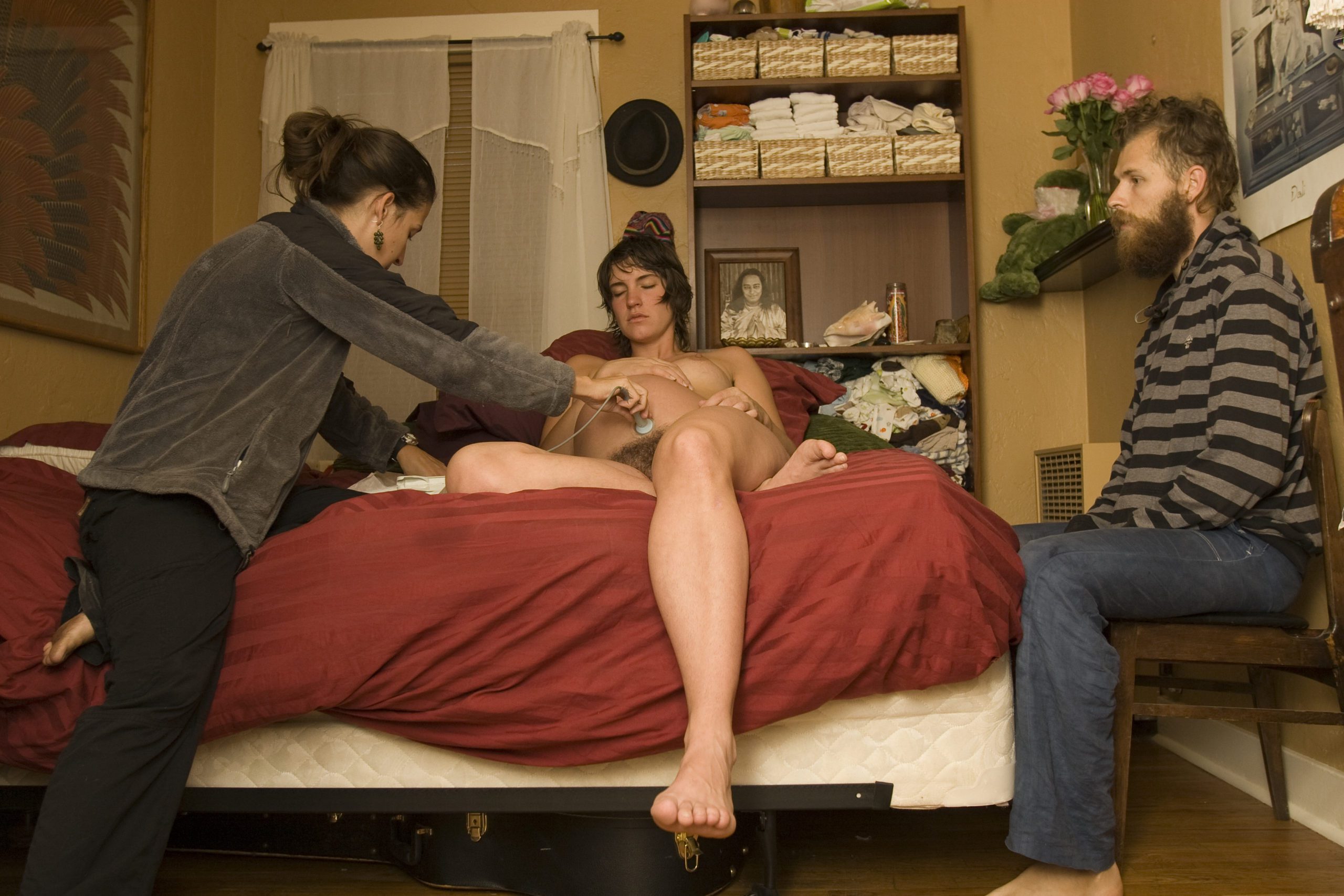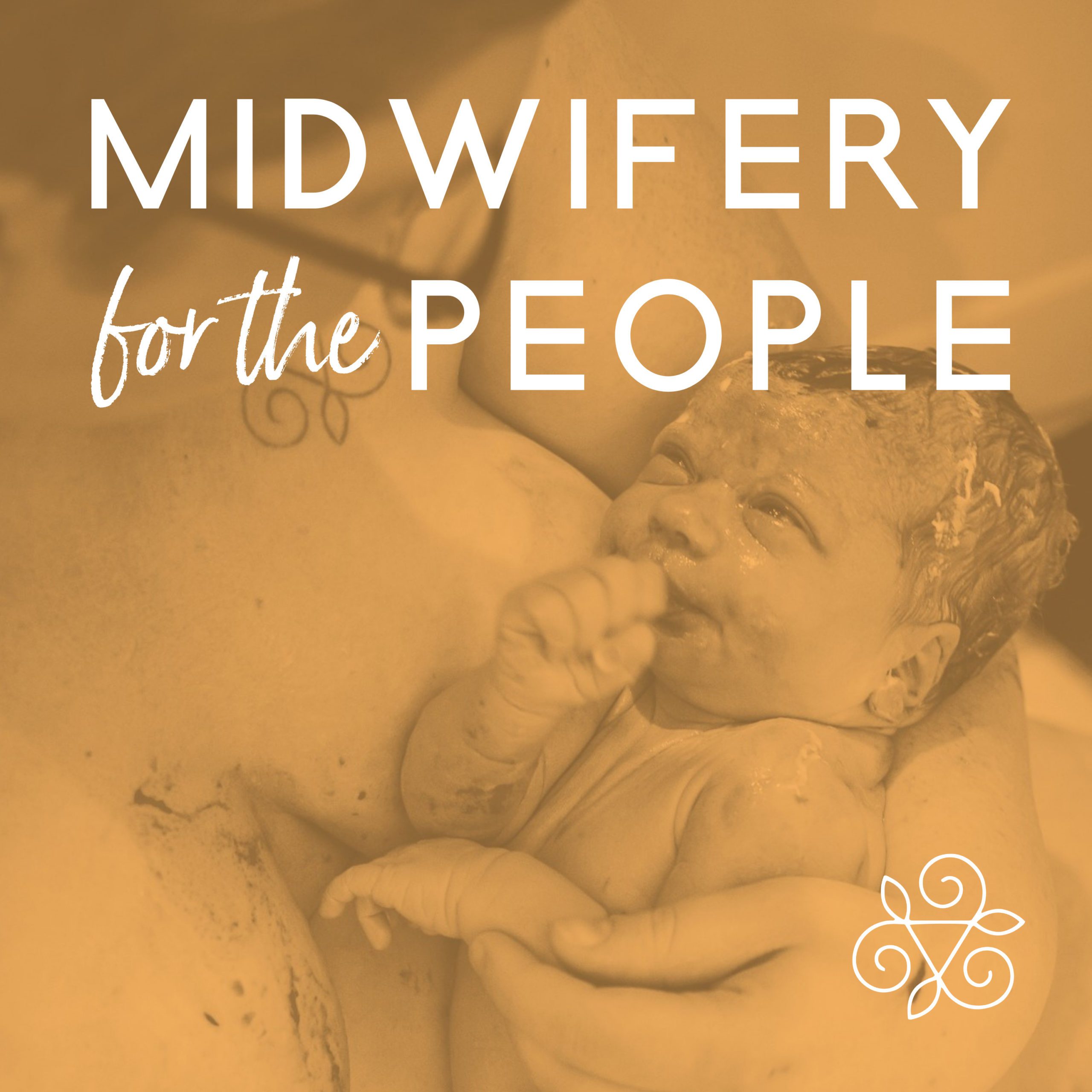I’ve been think a lot lately about the notion of “control” and how it relates to pregnancy and birth. So much of the focus in life in general is on controlling the process, or keeping up the myth that we can control the process, and the time of pregnancy and birth is no exception.
In many ways we have more tools than ever to manipulate pregnancy and birth, which society at large sees as beneficial. When new technology is developed (Pitocin, forceps, vacuum extraction, x-rays, ultrasound, Rhogam, and on and on) to solve a problem, it is ASSUMED in most cases that it is important and beneficial before rigorous testing is ever done on it to assess it. And by the time someone thinks it would be worth looking at the actual benefits and risks, the technology is so ingrained in the pregnancy experience that it would be deemed “unethical” to withhold it in the course of a randomized controlled trial, and therefore it never gets studied. The most basic and profound example of this is physiological, undisturbed birth itself – it is “unproven” by a RCT that it is better to leave birth alone. Most OBGYNs go their entire career without seeing a woman catch her own baby in a dark, quiet room (and everything that happens before and after this moment). There will likely never be research done on the benefits and risks of physiological birth since doctors believe at the core that physiological birth is DANGEROUS and cannot fathom that perhaps the outcomes would be better if we left birth alone at the very least when women were healthy, well nourished and emotionally supported. There is obviously more to all of this than what I’ve written here, but it is the basis for understanding the arrogance that allows us to think that we can control the birth process.
So back to the idea of control. Most of us (though not all) grew up with this myth pervading all aspects of our lives. If we work hard enough we will be successful, right? We control our destiny and any crappy outcomes are our own faults. We even see this in a lot of the oversimplified new age and self-help talk about manifesting.
I think that pregnancy and birth are one of the first times that many women (especially privileged women) find themselves questioning how much control they really have in these processes. I know that was the case for myself when I went through two miscarriages before my third pregnancy which went to term. Here I was, living the life I wanted and had created. I had decided with my partner that we would have a baby, and when I found myself spiraling after our losses, the lack of control was one of the biggest sore spots. What had I done wrong? Where had I GONE wrong? What could I DO to make sure this didn’t happen again? Of course there are tools and technologies, but at the core of our human experience, those things usually don’t wield as much power as we like to pretend. I had a 75% chance of having a successful pregnancy that led to a live, full term baby even if I chose to do nothing to try and prevent a third miscarriage. The evidence is lacking as far as what, if anything there is to test for or try (naturally or pharmaceutically) in order to prevent a miscarriage, and the therapies that do exist aren’t terribly effective. But even with the odds on my side, I needed to feel like I had controlled as many variables as possible. Coming out of those experiences though, I learned at a very deep level just how futile those attempts really are, and that our concept of control over our lives, and particularly pregnancy and birth, should be investigated more.
The trouble is that when many women come up against something that is out of their control, they try to find someone who CAN keep it under control. I believe this is why most women choose to see doctors during pregnancy – at the simplest level, they believe the myth that doctors can control pregnancy and birth. We know that this is not true, and that there is very very little that any doctor can do to change the course or outcome of pregnancy and birth. How many stories of “my baby would have died if not for the doctor” have you heard? Once you know a good amount about birth, you can spot the enormous holes in these stories and have to wonder to yourself if the doctor lied to the mother by making this extrapolation, or if the mother is making this line up to demonstrate how excellently in control her doctor was. That may sounds harsh, but I think there is a lot of truth to it. If women are going to continue to put themselves through the trauma that is institutionalized birth in the US, they need to convince themselves and those around them how crucial the institutions are, otherwise no one would go there! And if women started questioning the power of the OBGYNs, then what would they question next? Patriarchy itself? Western culture as a whole? It is big stuff.
Instead of meeting this lack of control with the desire to have someone else try to control ours experiences, I think it is more powerful to find peace with the lack of control (if that makes sense). I am grateful for all the women I had gotten to witness walk this way before because that gave me the strength to a) do all I could to control the variables I could control and then b) let it go as best I could. My pregnancy and birth experience was not the picture of calm, peaceful trust by any stretch, but because I didn’t try to enlist someone else to control my experience, I experienced the most empowering version of my story possible. It would have looked VERY different if I had given my power to someone who thought they could control the experience, and my baby and I would have been worse off for it. I’m not saying we shouldn’t have support in pregnancy and birth, just that we should be aware of our underlying beliefs about the role of those people that we ask to support us.





+ show Comments
- Hide Comments
add a comment